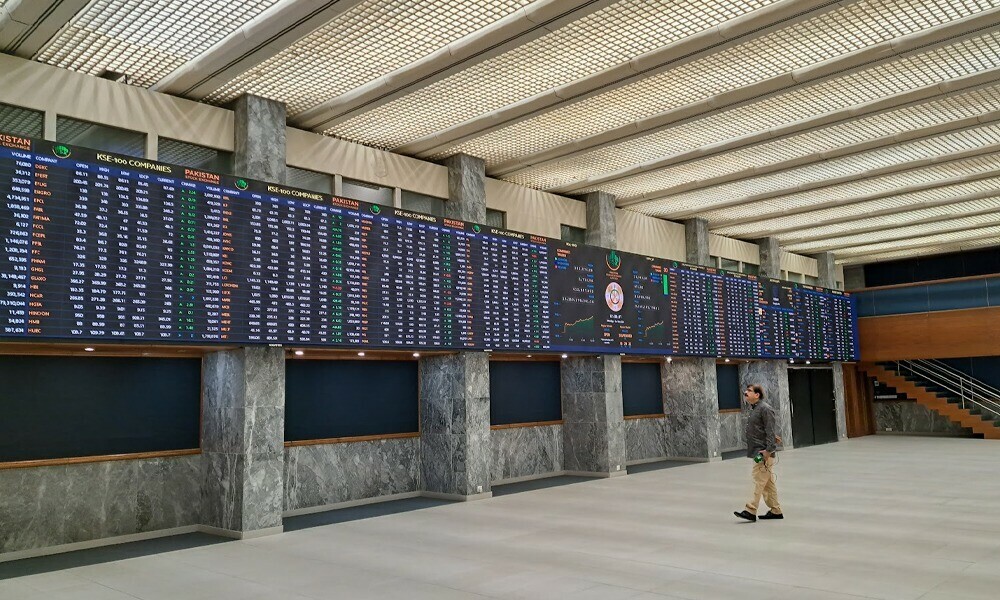Despite projecting a record surplus profit from the State Bank of Pakistan (SBP) at Rs2.5 trillion (approximately $9 billion) for the fiscal year 2024-25, the Pakistani government still finds itself constrained by a lack of fiscal space to provide taxation relief. This situation underscores the increasing needs of the government, which continues to overlook the expenditure side of its budget. Former finance minister and business magnate Dr. Miftah Ismail highlighted these issues, pointing out the government’s failure to manage its spending effectively.
The government has budgeted a 157% increase in surplus profit from the SBP for FY25. This increase follows revised estimates showing a profit of Rs972.2 billion in the previous fiscal year. The substantial earnings are attributed to record high interest rates and a spree of free-flowing borrowing, which enabled the central bank to generate massive profits.
The SBP’s surplus profit is calculated after allocating 20% of its overall distributable earnings to the general reserve account until the combined total of capital and general reserves equals 8% of the SBP’s total monetary liabilities. Additionally, earnings are transferred to special reserve accounts for specific liabilities, contingencies, or anticipated reductions in asset values, as mandated by the SBP Act.
The annual budget statement includes the surplus profit under non-tax revenue receipts, which are not part of the divisible pool. This comes against the backdrop of escalating government expenditure, prompting increases in taxation on items like packaged milk, salaried earners, and other formal sectors.
Dr. Miftah Ismail, speaking to Business Recorder, emphasized the potential tax increases had the SBP’s profit been lower. “Imagine if the SBP’s profit were lower,” Ismail said. “The government would then have imposed even more taxes.” He stressed the need for the government to focus on controlling expenditure, noting that current expenditure, excluding interest payments, has increased by 24%, with the Public Sector Development Program (PSDP) allocation rising even more significantly.
Business magnate Arif Habib, who had previously indicated that the government might have some fiscal room due to the SBP’s record profit, also spoke out about the fiscal burden distribution. “This incremental profit has gone towards reducing the budget deficit,” Habib stated. “But the distribution of fiscal burden has been unfair. The petroleum development levy has increased. The salaried group has faced higher taxation. This is a tough environment.”
Habib also highlighted that some exemptions, such as those extended to ex-FATA/PATA industries, amounting to around Rs70 billion, are approximately equal to the increased taxation on the salaried class. Ismail attributed these exemptions to political pressure, arguing that they benefit industrialists rather than the public in those regions.
The federal government’s budget, which aims for a 40% increase in tax revenue and a nearly 64% increase in non-tax revenue, has been described as ambitious by Fitch Ratings. This ambitious revenue target raises concerns about the government’s ability to manage its fiscal responsibilities without imposing additional burdens on taxpayers.




